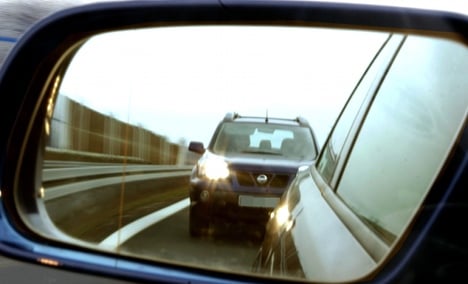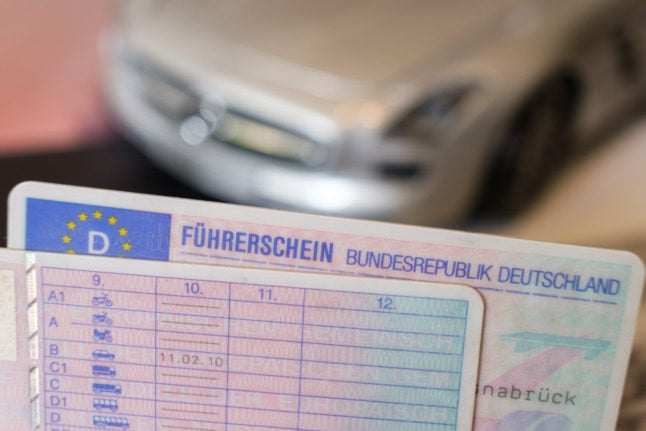A legal loophole means the Bavarian woman cannot be banned from the Autobahns – because she traded her fake Filipino license for a Hungarian one, and the Hungarian authorities have not withdrawn the one they issued.
Even though her Hungarian license was based on the fake Filipino one, and obtained on false pretences – she did not even live in Hungary at the time – it cannot be invalidated by the Germans, the Bavarian Administrative Court ruled.
She was initially banned from driving after it emerged that she had never passed a test, but the administrative court outlined the legal loophole she had slipped through, and she was let back on the roads.
In general, European Union countries must recognise licenses issued in other EU countries. Germany has not acted upon special provisions which would enable them to reject licenses exchanged from a third country for an EU license.
Germans with convictions for driving under the influence of alcohol or narcotics who have lost their licenses as a result have been known to apply for licenses in Poland to skirt driving bans. In 2008, a court ruled that these licenses must also be recognised.
DAPD/The Local/mdm



 Please whitelist us to continue reading.
Please whitelist us to continue reading.
Member comments